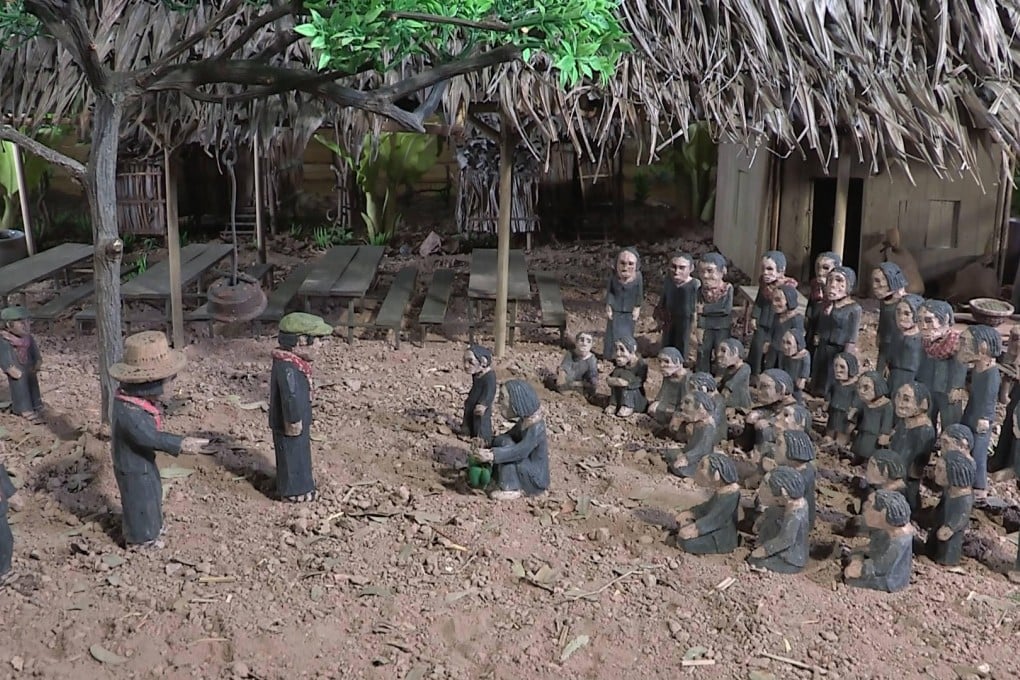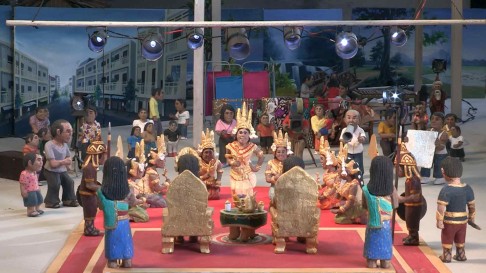Film review: The Missing Picture is a reminder of Khmer Rouge atrocities
"Those who cannot remember the past are condemned to repeat it," goes an oft quoted saying by philosopher George Santayana. With more than half of Cambodia's present population having been born after the Khmer Rouge's nightmare rule came to an end, films like Rithy Panh's The Missing Picture remind the Southeast Asian country's citizens, and the world at large, of the horror that befell its people between 1975 and 1979.

Narrator: Randal Douc
Director: Rithy Panh
Category: I (French)

"Those who cannot remember the past are condemned to repeat it," goes an oft quoted saying by philosopher George Santayana. With more than half of Cambodia's present population having been born after the Khmer Rouge's nightmare rule came to an end, films like Rithy Panh's The Missing Picture remind the Southeast Asian country's citizens, and the world at large, of the horror that befell its people between 1975 and 1979.
A child living with his family in Phnom Penh when the genocidal regime took control of the country, the Cambodian-French filmmaker lost his brother on April 17, 1975, the day the Khmer Rouge forcibly emptied the capital city, driving its population of more than two million people out into the countryside.
Those who survived the de facto death march went on to a veritable living hell, one which saw the deaths of close to a quarter of Cambodia's population in just four years.
Somehow able to defy the odds and stay alive, Rithy Panh has crafted a documentary that recounts the horrific suffering of those living in the "rehabilitation camps" of what was supposed to be a communist utopia where everyone was equal, but where many were far worse off than the regime's leaders and soldiers.
A moving memoir of a man unable to forget what he experienced during that terrible time, this documentary is made all the more heartbreaking by its director-writer-editor sharing stories of the fate of his family, particularly his parents, along with memories of happier times.
